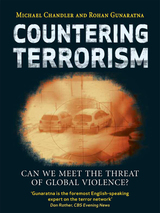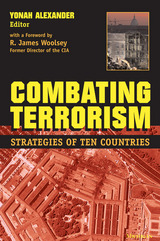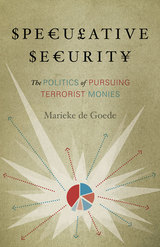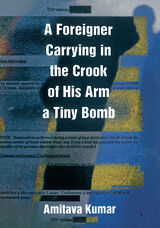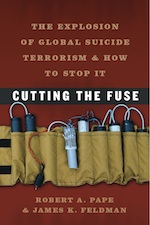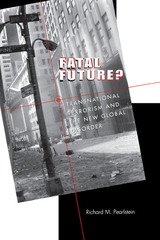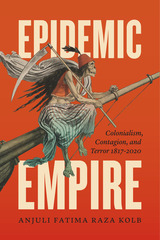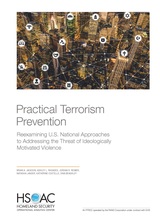Cutting the Fuse: The Explosion of Global Suicide Terrorism and How to Stop It
University of Chicago Press, 2010
eISBN: 978-0-226-64564-3 | Cloth: 978-0-226-64560-5 | Paper: 978-0-226-64565-0
Library of Congress Classification HV6431.P355 2010
Dewey Decimal Classification 363.325
eISBN: 978-0-226-64564-3 | Cloth: 978-0-226-64560-5 | Paper: 978-0-226-64565-0
Library of Congress Classification HV6431.P355 2010
Dewey Decimal Classification 363.325
ABOUT THIS BOOK | AUTHOR BIOGRAPHY | REVIEWS | TOC | REQUEST ACCESSIBLE FILE
ABOUT THIS BOOK
Cutting the Fuse offers a wealth of new knowledge about the origins of suicide terrorism and strategies to stop it. Robert A. Pape and James K. Feldman have examined every suicide terrorist attack worldwide from 1980 to 2009, and the insights they have gleaned from that data fundamentally challenge how we understand the root causes of terrorist campaigns today—and reveal why the War on Terror has been ultimately counterproductive. Through a close analysis of suicide campaigns by Al Qaeda and other terrorist organizations in Iraq, Afghanistan, Pakistan, Lebanon, Israel, Chechnya, and Sri Lanka, the authors provide powerful new evidence that, contrary to popular and dangerously mistaken belief, only a tiny minority of these attacks are motivated solely by religion. Instead, the root cause is foreign military occupation, which triggers secular and religious people alike to carry out suicide attacks.
Cutting the Fuse calls for new, effective solutions that America and its allies can sustain for decades, relying less on ground troops in Muslim countries and more on offshore, over-the-horizon military forces along with political and economic strategies that empower local communities to stop terrorists in their midst.
See other books on: History, Military | Military policy | Prevention | Terrorism | War on Terrorism, 2001-2009
See other titles from University of Chicago Press


